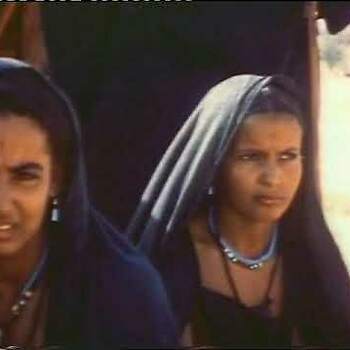During this phase, the Netherlands actively supported the coordination of international agricultural research, which culminated in the formation of the Consultative Group on International Agricultural Research (CGIAR) in 1971. Initially the focus was on rice, wheat and maize but gradually widened to include cassava, chickpea, sorghum, millet and other food crops as well as focusing on livestock, farming systems, the conservation of genetic resources, plant nutrition, water management, policy research and services to national agricultural research centres in developing countries. ISNAR (International Service for National Agricultural Research), the CG institution designated to support national agricultural research centres was based in The Hague, the Netherlands until 2004 when it was merged with IFPRI[1].
At Wageningen University, a study group ‘development cooperation’ was established in 1977. Although initially focused on reports dealing with technical and economic aspects of agriculture in developing countries, the group soon adopted a more proactive approach focusing on the role of the Wageningen University and Dutch agricultural development cooperation policies.
In line with the Dutch OVO-model[2], support was provided to collaborative efforts to link research, extension and education institutions in developing countries to generate and transfer knowledge and skills for agricultural development. The focus was often limited to collaboration between research and extension. However, there were significant efforts to promote technical and vocational training related to the agricultural sector[3]. Universities and other higher education institutions in developing countries, were (perceived to be) less inclined to become directly involved in demand driven action research.
Breeding stations were established in some countries (e.g. potato breeding in Rwanda) and together with the local extension services new technologies and knowledge were transferred to farmers.
Farmer Field Schools (FFS’s), initially focused on integrated pest management that limited the use of pesticides, were actively promoted by Dutch experts at the FAO[4]. Whereas FFS’s originate from agriculture, the FFS approach is fundamentally a participatory group for collective action and social mobilisation by the local community[5].
During this period, there was increased awareness that inclusion of farmers´ organizations was essential in the transformation of the agricultural sector. The voices of farmers, especially in Latin America, often linked to political movements there and supported by the Dutch Paolo Freire Foundation (PFS) were becoming a force to be reckoned with. This received international recognition in the Peasant Charter, to which the Netherlands was a signatory, during the World Conference on Agrarian Reform and Rural Development in 1979[6].
Given the importance of animal husbandry in the Netherlands, both in terms of knowledge and private sector capabilities, attempts were made to introduce high breed cattle and large scale dairy enterprises in developing countries in the 1970’s. These were unsuccessful for a number of reasons, but mainly because the animals were poorly adapted to local circumstances, the lack of management capabilities in partner countries at predominantly state owned enterprises and the fact that (imported) machinery was not suitable under local conditions. Moreover, there was little to no attention for small scale traditional livestock holders in mixed farming settings and pastoral livestock keeping, especially in semi-arid areas. At the time there was also no specific Dutch policy related to the livestock sector[7]
Another issue highlighted in the 1987 report on Dutch development cooperation efforts to introduce Dutch breeds of cattle and large scale enterprises for dairy farming was the increased dependency on imported animals, machinery and veterinary products, and Dutch technical support. Dutch development support to import high breed cattle and establish large scale dairy enterprises was abandoned in the 1980’s. Some business to business cooperation efforts continued even to the present.
[1] https://cgspace.cgiar.org/bitstream/handle/10947/545/isnar86.pdf?sequence=1&isAllowed=y
[2] Onderzoek-Voorlichting-Onderwijs: initially promoted in the Netherlands
[3] In many countries SNV and Dutch CSO’s were also heavily involved in training farmers as well as specific training on nutrition for women in rural areas.
[4] https://www.fao.org/3/U8719E/u8719e05.htm#x.%20foreign%20investment
[5] https://citeseerx.ist.psu.edu/document?repid=rep1&type=pdf&doi=03f2c2d4f7c92eda51d817d0804502f594ee41d5
[6] https://www.agriterra.org/modules/downloads/upload_directory/Boek_Agriterra_165x240_LR.pdf
[7] The 1987 report states that ‘…while Netherlands bilateral involvement in animal husbandry has developed without any specific policy guidelines, the central objectives of development policy provide an adequate framework for the development of activities in the livestock sector, indeed the sub goals of policy would appear to accord it a certain priority, in that the Netherlands has special expertise in this sector and Dutch industry and commerce play a major role in it at the international level (pp 28-29)

